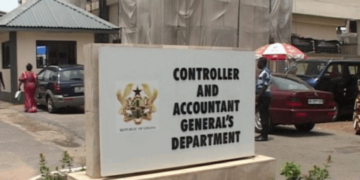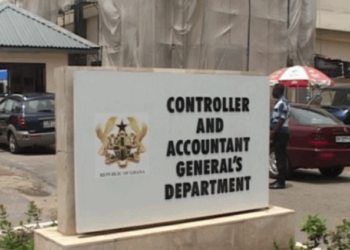The Parliamentary Minority has committed to oppose the government’s intention to put a 1.75 percent tax on all electronic transactions.
The 1.75 percent levy will be applied to mobile money payments, bank transfers, merchant payments, and inward remittances.
The Finance Minister, Ken Ofori-Atta, announced the levy at the presentation of the 2021 Budget Statement, saying it is intended to increase financial inclusion and safeguard the vulnerable.
Cassiel Ato Forson, the Parliament’s Ranking Member of the Finance Committee, disagrees.
Mr. Forson told the press after the Minister’s budget presentation in Parliament that the increased charge would “only increase hardship and compromise inward remittance.”
According to him, the Minority would, therefore “stand by Ghanaians in opposing the momo tax.”
The levy will be waived for transactions that amount to GHS 100 or less in a day, or approximately GHS 3,000 per month.
According to the government, a part of the tax proceeds would be utilized to assist entrepreneurship, youth employment, cybersecurity, digital, and road infrastructure, among other things.
If the appropriation is authorized, the government anticipates that the new policy will go into effect on January 1, 2022.
The Finance Minister said, “The government will work with all industry partners to ensure that their systems and payment platforms are configured to implement the policy.”
He said that the total amount of transactions for 2020 was anticipated to be more than GHS 500 billion, rising from GH78 billion in 2016, and that total mobile money subscribers and active mobile money users grew at an average rate of 18 percent and 16 percent, respectively, between 2016 and 2019.
Read Also: Kenya prison chief sacked after Islamist inmates escape

























